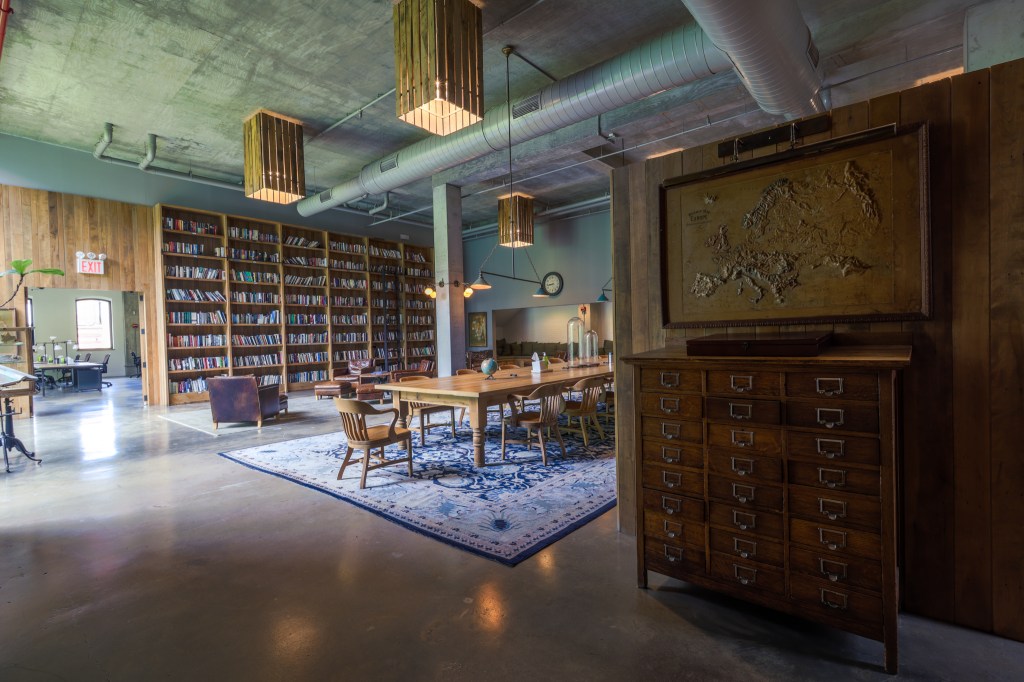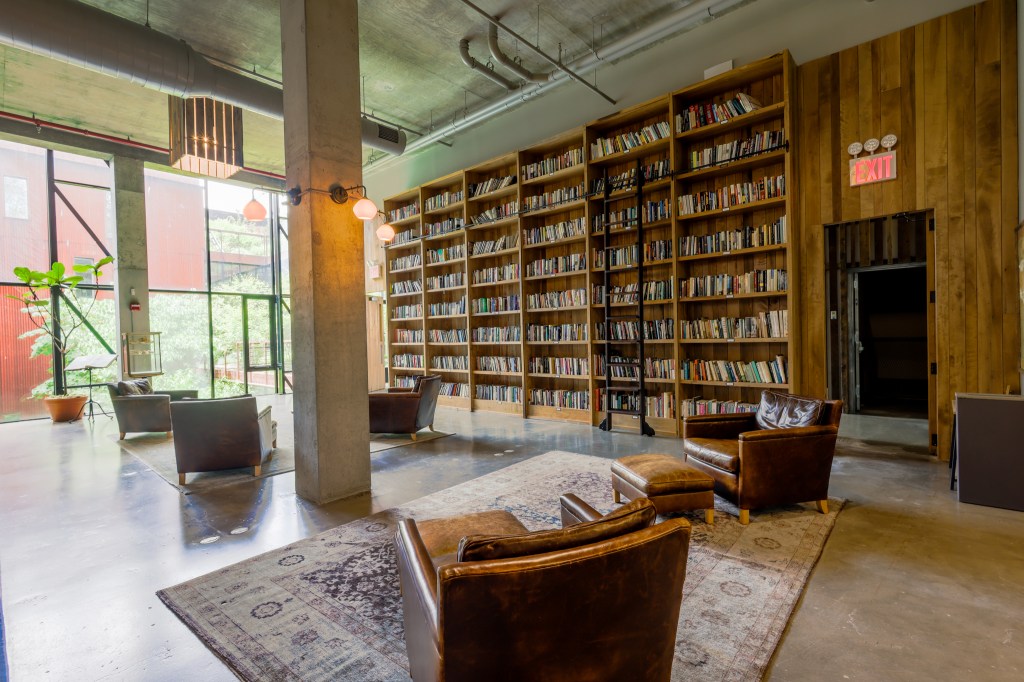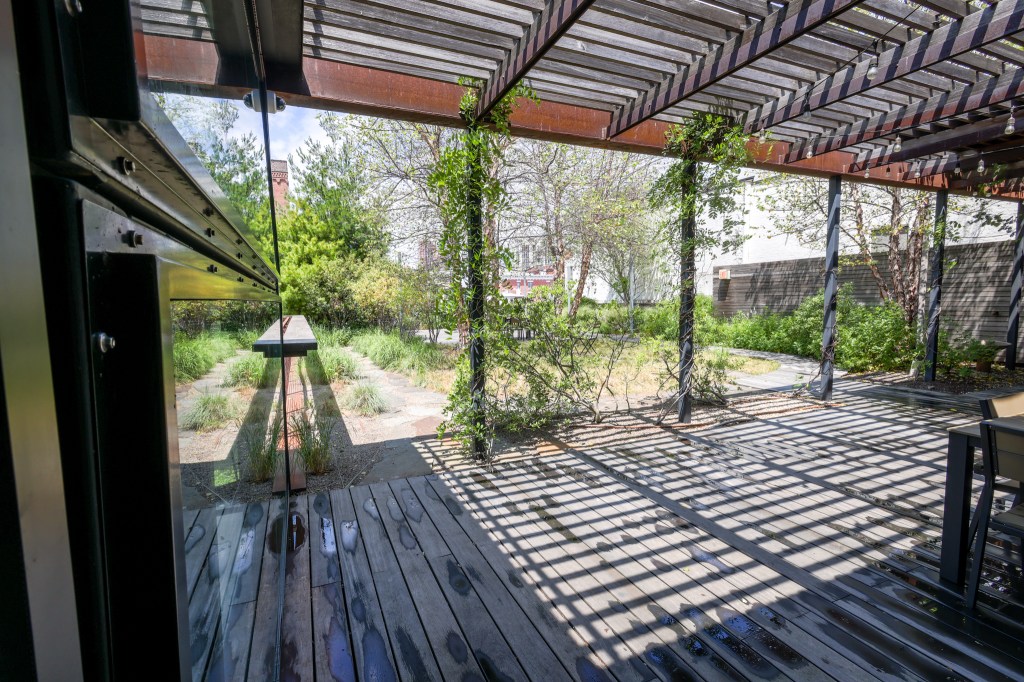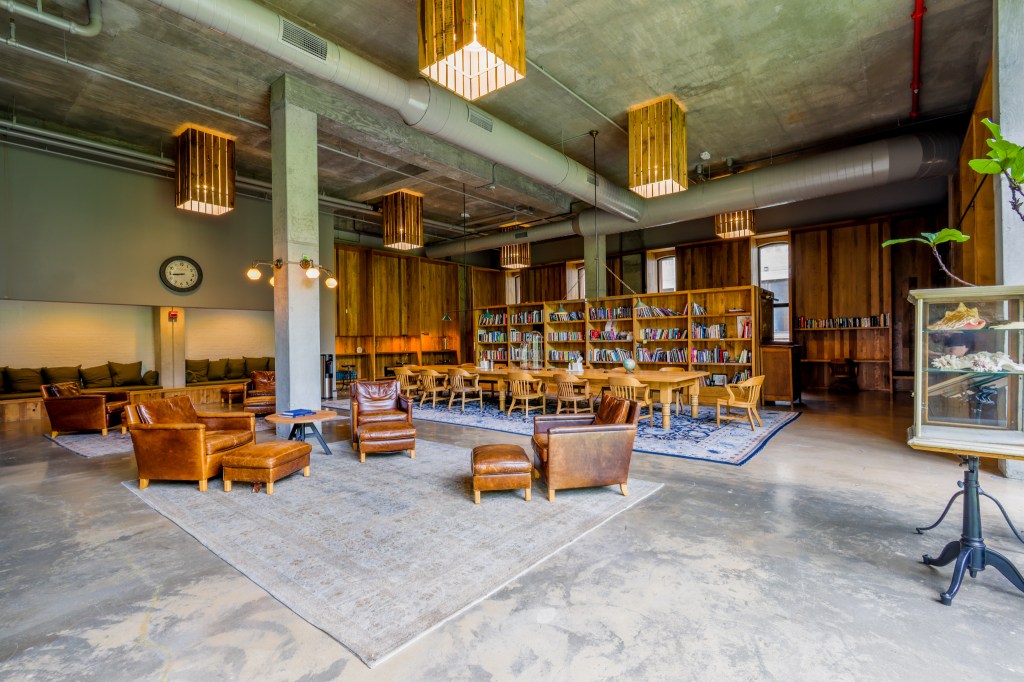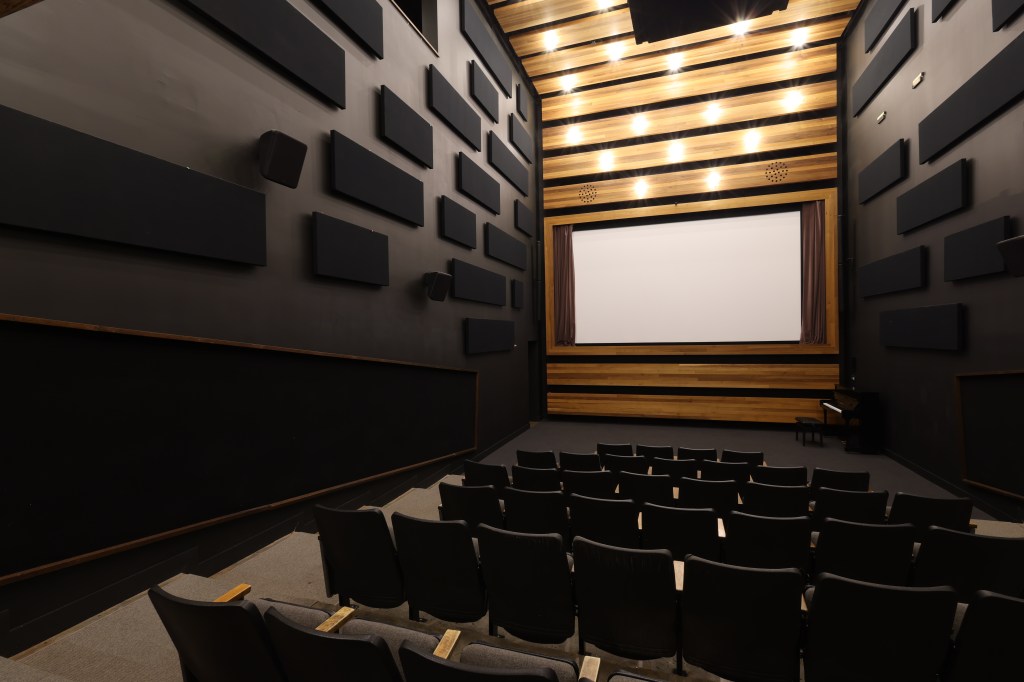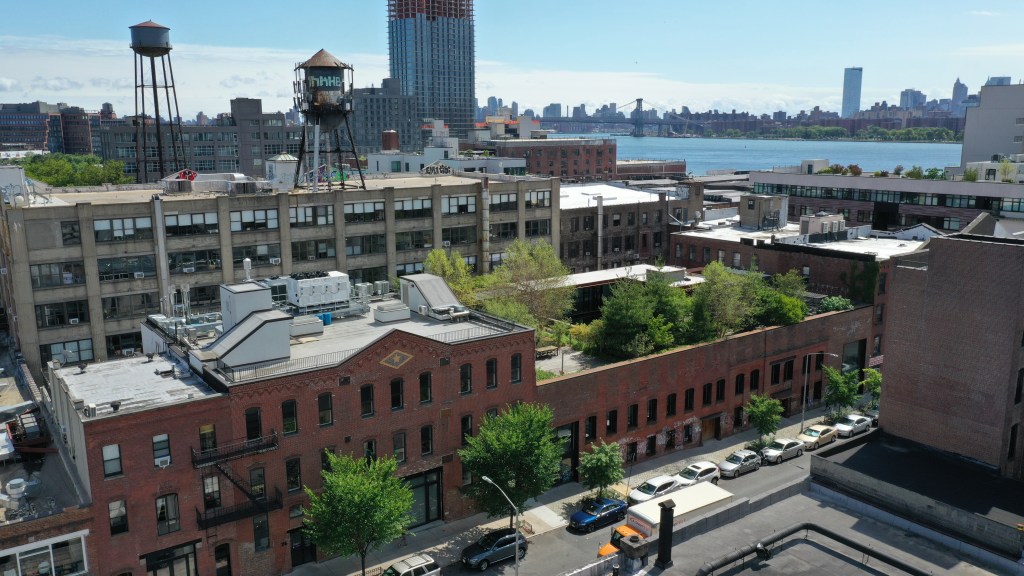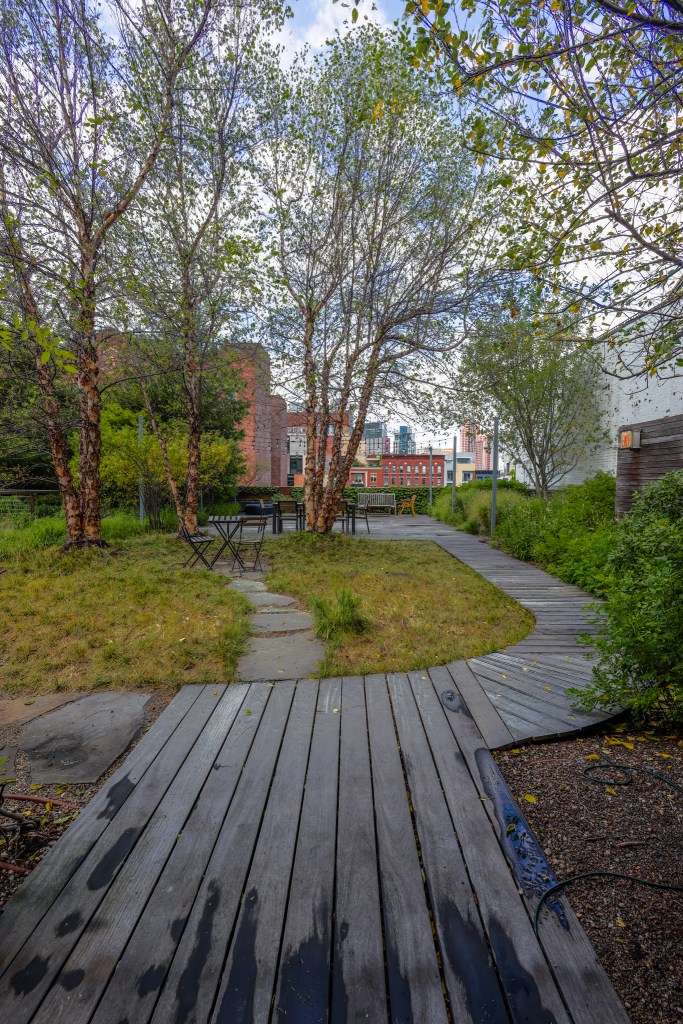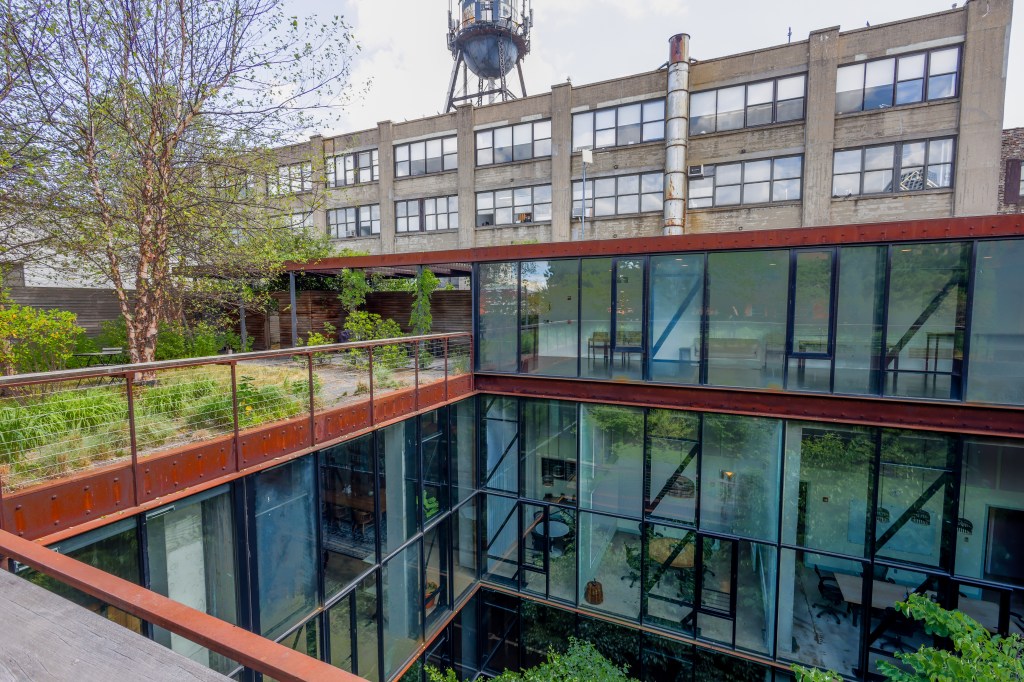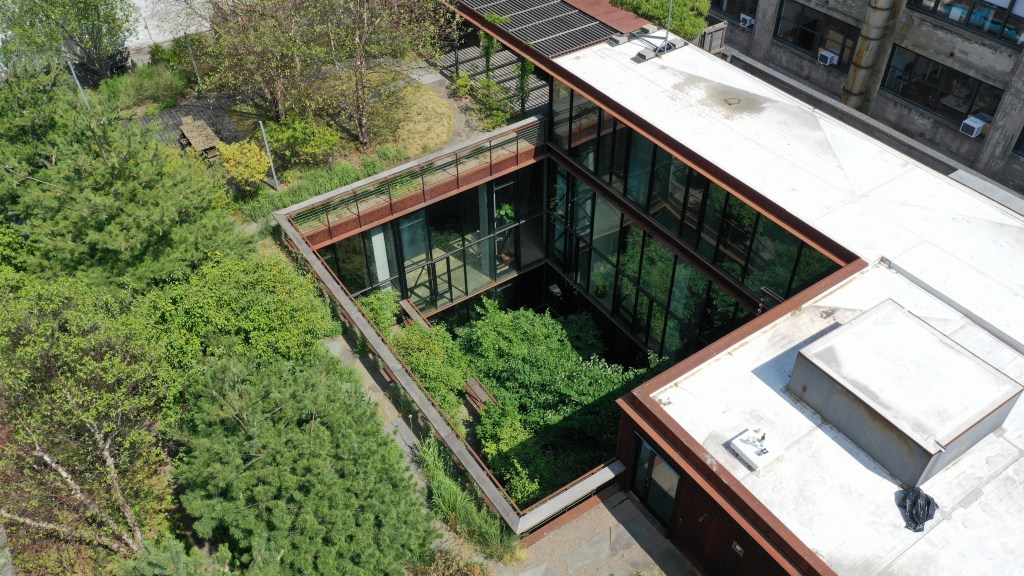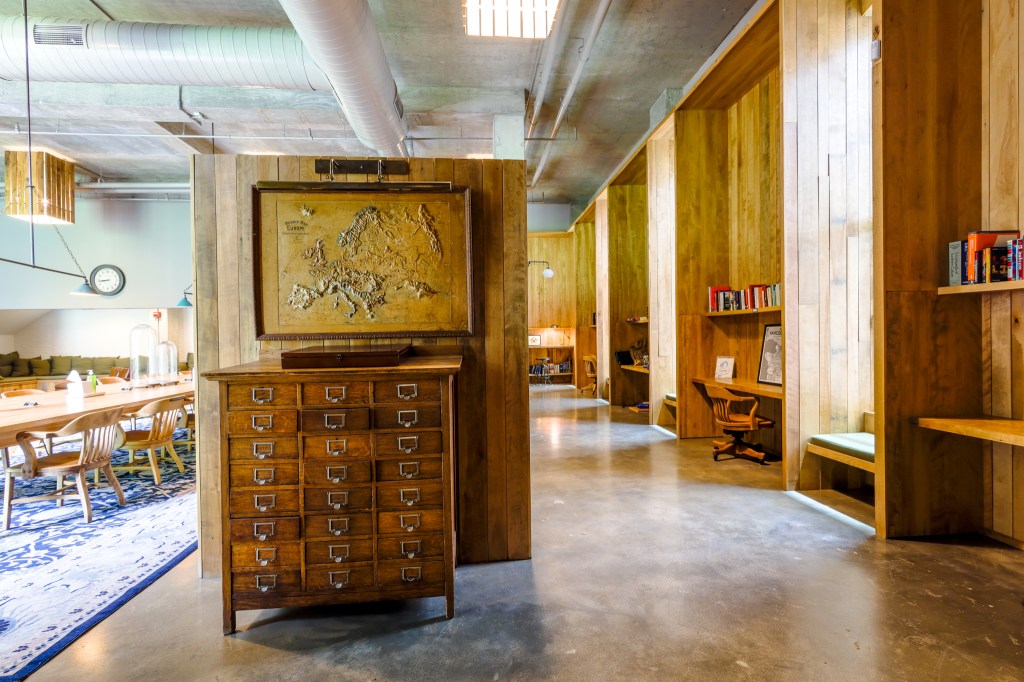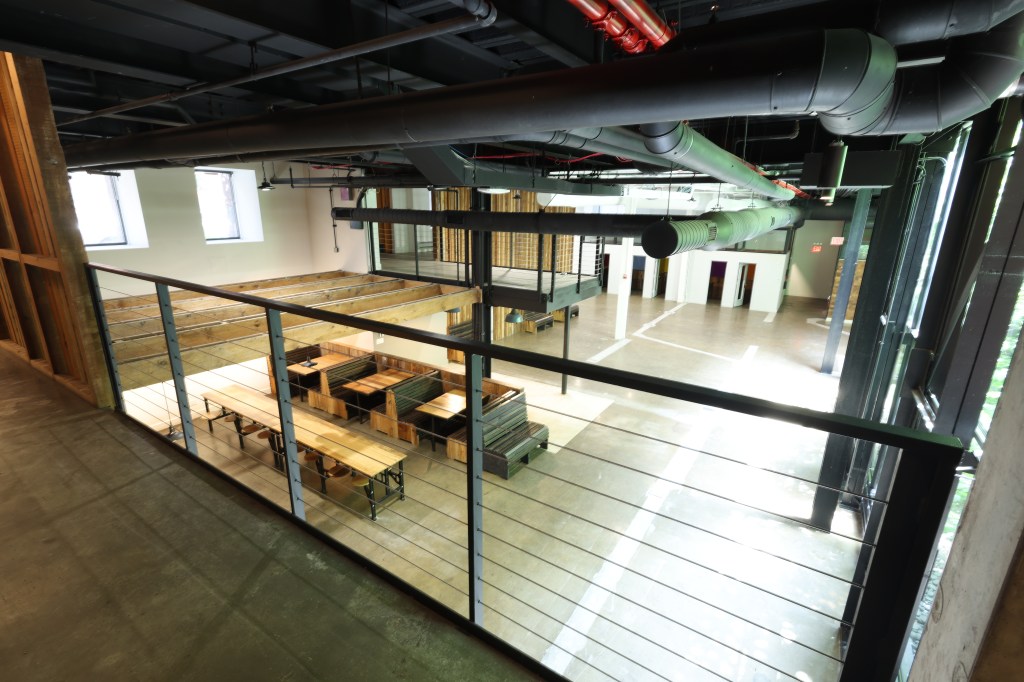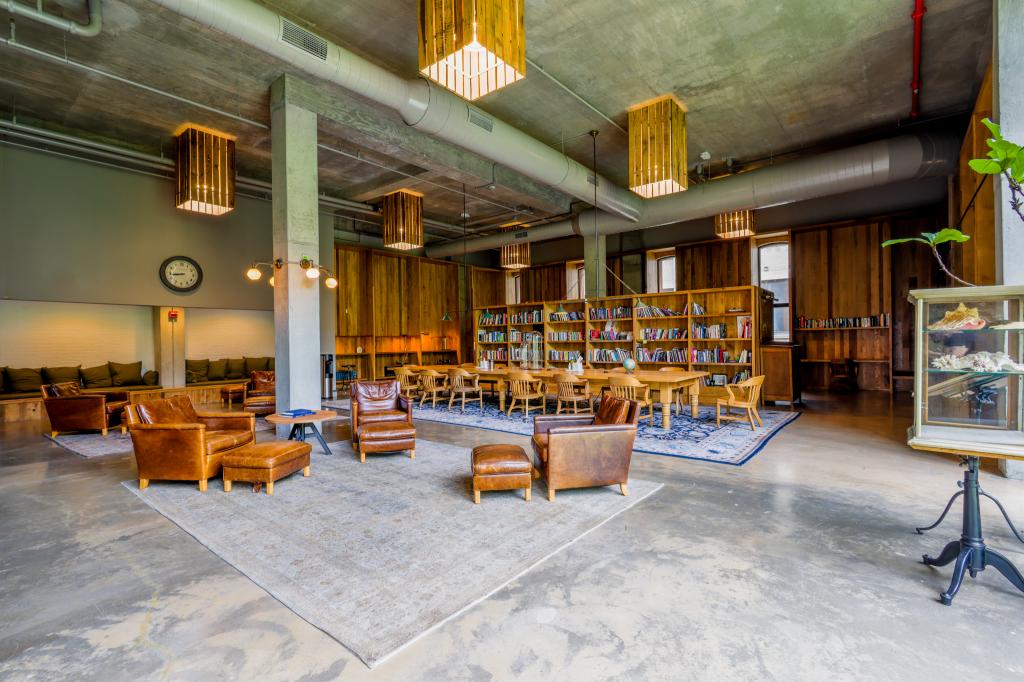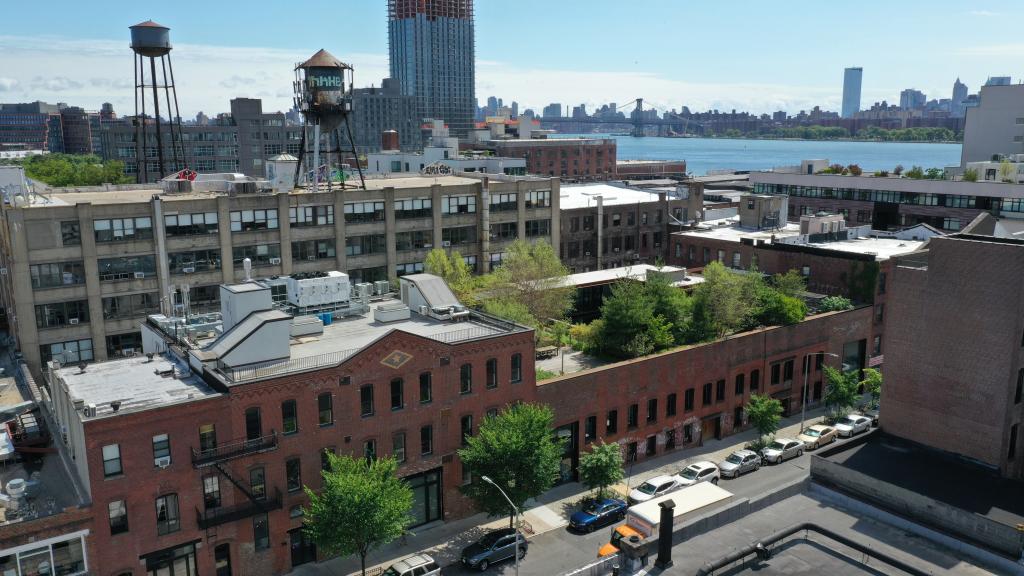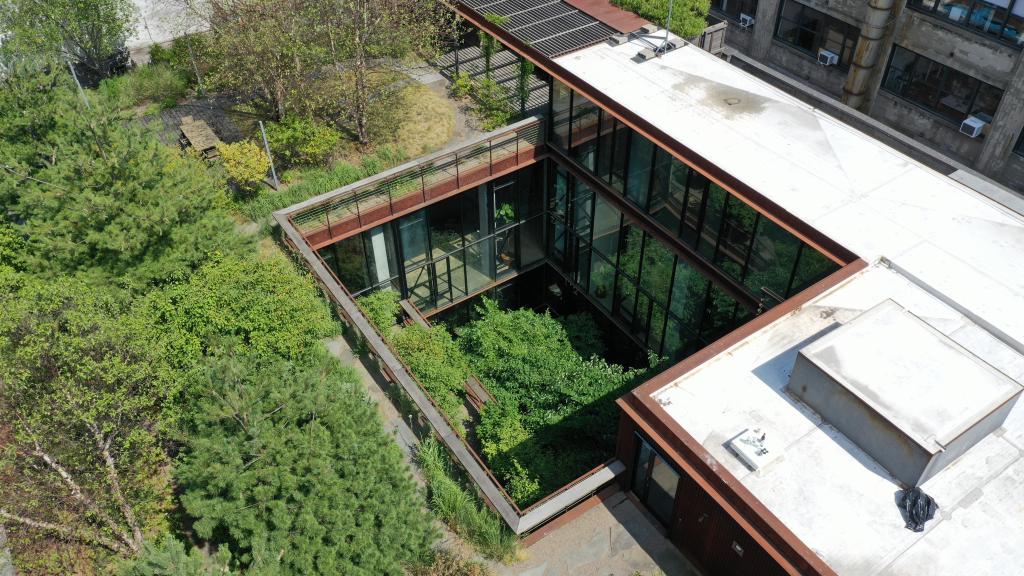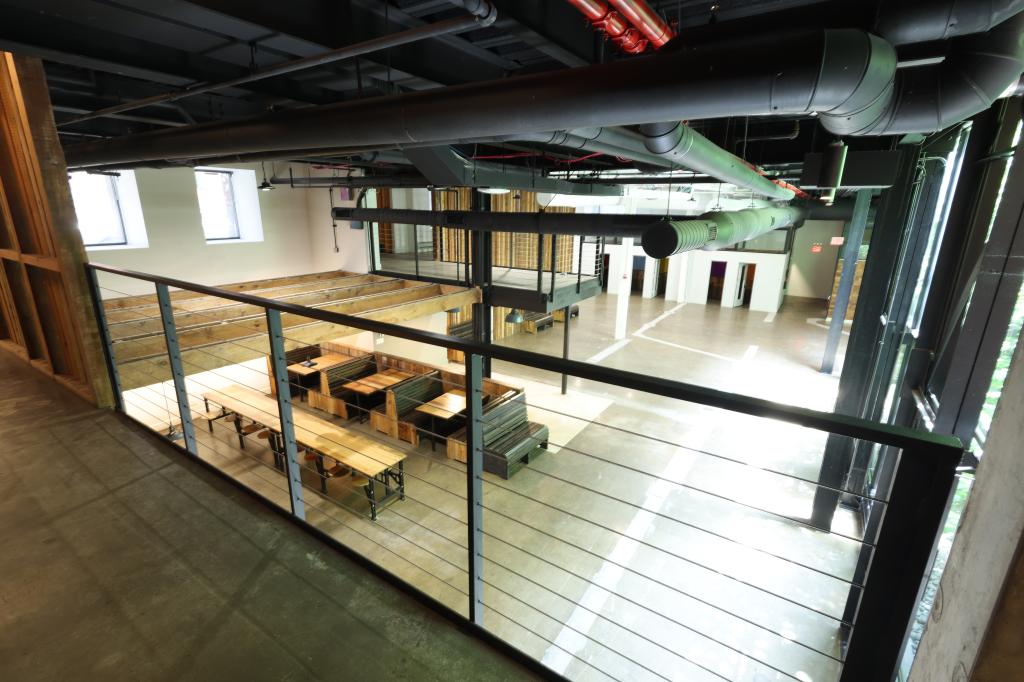Remote work is taking its toll on city office space. And now, a 33,000-square-foot landmarked Brooklyn property that was reimagined as Kickstarter’s quirky headquarters a decade ago is now for sale — asking $25 million through B6 Real Estate Advisors.
Kickstarter, a crowdfunding company that helps others raise money for their creations, went remote during the pandemic — and eventually decided to stay that way.
“We won’t have a centralized office for individuals on the team,” then-CEO Aziz Hasan told Time in March 2022, four days before he stepped down. “We’ve given them a stipend to choose if they want to build a better work from home setup, whether they want to use a local coworking space or if they want to find other accommodations. But we won’t be going back to a centralized office.”
Previously, the property’s asking price was closer to $30 million.
“Pricing is falling in line with the market,” said B6 Real Estate Advisors’ Brian Kirk of the Greenpoint property’s recent $4.5 million price drop, which is generating new interest.
Kirk’s team was hired a year ago to market the former pencil factory that was cobbled together from several buildings, and sits two blocks from the East River near the India Street ferry stop.
The two-story brick building has 150 feet of frontage along Kent Street on a block bounded by West and Franklin streets, and Greenpoint Avenue.
Along with Kirk, the B6 team includes Paul Massey, DJ Johnston, Mark Lively, Noah Goldstein and Maria D’Angelo.
“It’s an incredible property with a 6,000-square-foot roof garden, a 74-seat movie theater and awesome library,” Kirk added.
According to global real estate company JLL, the city has a vacancy rate of 16.1% with 94 million square feet available to lease. But despite more people being laid off amid economic uncertainties, or those who continue working from home, employers are still searching for ways to make their troops want to come back to work. To do that, they’re seeking out properties that offer exceptional amenities, such as gardens and roof decks — just like this one.
Since the building is so unique, it’s generating interest from groups from all over the world that have different schemes in mind, including keeping it as an office.
“Something like a social club would be great here,” Kirk said, suggesting other uses could include an event venue, retail, a gallery or a showroom.
A central glass garden courtyard delivers light and air. Along with open-air worktables, there are private offices, glass meeting rooms and an open-air commercial kitchen. There’s also a glass penthouse on the roof that leads to a landscaped garden with meandering walkways and sitting areas surrounded by river birches, Japanese maples, fruit trees, beach plums, and flower cutting gardens.
“We had a band playing there for an event,” Kirk said.
Since its launch in 2009, 22 million people have pledged $7.3 billion to fund nearly 240,000 projects through Kickstarter. After the new company raised investor funds for itself, Kickstarter bought the interconnected crumbling buildings in 2011 for just $3.6 million after a plan by a prior owner for a hotel and a nine-story addition was shelved.
In 2012, The Post reported the company’s CEO Perry Chen told the local Community Board, “We are hoping to stay at 58 Kent [St.] forever — to be our permanent headquarters.” Chen became chairman in 2019.
While preserving the exterior graffiti, its architects — Ole Sondresen, Scott Hansen along with interior designer Camille Finefrock — completely reimagined the property with blessings from the city’s Landmarks Preservation Commission.
“A lot of the thinking revolved around how to turn an old factory into an ideas factory,” Finefrock told Wallpaper in 2014. “Pencils were a creative tool, and Kickstarter is a creative tool too.”
The building’s renovations by Scott Hansen Architect received a Municipal Art Society’s MASterworks award in 2014 for Best Restoration.
The judges explained, “This solidly comprehensive restoration conserved the Englehardt Addition’s architectural details, contemporary graffiti and masonry flaws, maintaining the essence of the historic property while balancing the pragmatic needs of the modern intervention. The dynamic rehabilitation is a critical contribution to the evolution of Greenpoint, Brooklyn into a modern tech center.”
Despite the pricing that comes to around $758 per foot, because of the renovations, the property has a hefty tax abatement through the Industrial Commercial Abatement Program that doesn’t phase out until mid-2040.









